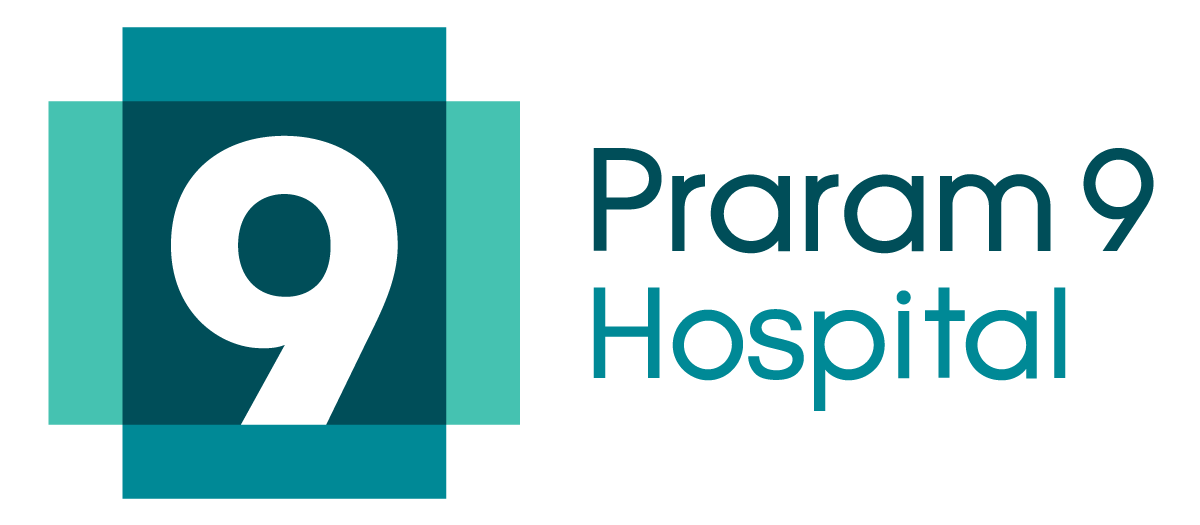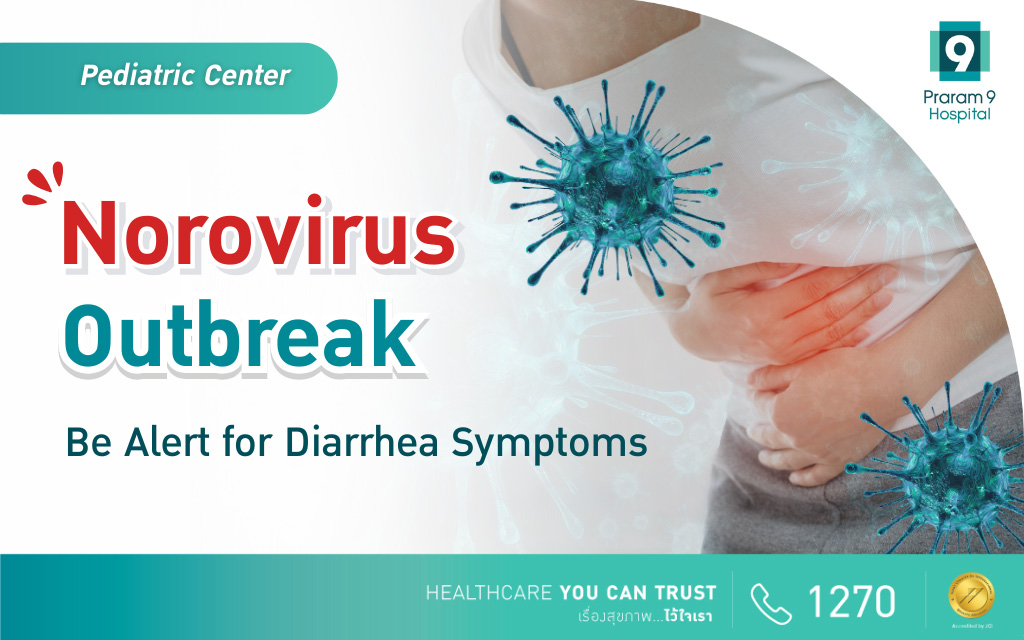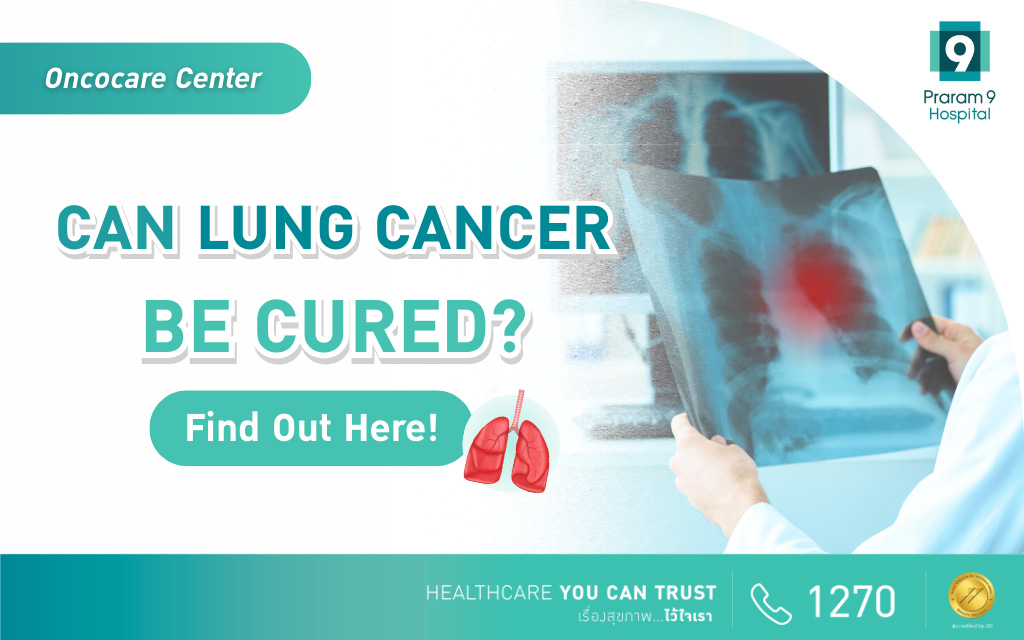Diagnosis and solutions if you experience chest pain
Chest burning can be scary, especially for people who worry about heart health or having a heart attack. In this article, we will discuss the potential causes of chest pain as well as the many treatment options available.
A lot of causes of a burning feeling in the chest are not harmful. In reality, just 15–25% of people who visit the emergency room with chest pain have an acute heart problem.
Diagnosis
To diagnose the cause of burning in the chest, a doctor will typically perform several tests. These may include:
- chest X-rays
- a physical exam to check heart rate and pulse, look for swelling, and assess muscle and organ health
- CT scans
- an electrocardiogram, which measures electrical activity in the heart
- a complete medical history
- blood work to check for infections or changes that may indicate a heart attack or other heart problem
Treatment
Depending on the cause, the treatment options for burning chest pain may vary. For example, heartburn may require a person to take an antacid or make dietary changes, whereas more serious heart or lung conditions often demand extensive lifestyle changes. A person having a heart attack may need blood thinners or surgery, such as bypass surgery.
Patients are not advised not try to treat chronic chest pain at home, especially if they do not know the underlying cause. Even chronic heartburn can cause long term health problems. Only a doctor can diagnose the cause and recommend appropriate treatment.
Home remedies
Some home management strategies can be of some help to relieve minor chest burning and determine whether a person needs emergency care. However, if the pain does not improve, is severe, or indicates a heart attack, they should seek immediate medical attention.
Home remedies for minor causes of chest burning include:
- applying a hot or warm compress to painful or tender breasts
- taking an antacid
- gently massaging the painful area
- drinking a glass of water
- changing positions
- lying down and taking slow, deep breaths
Prevention
It is not always possible to prevent serious heart, lung, and vascular conditions, but people can reduce their risk by staying in a healthy body weight range and exercising regularly. Seeking care for any chronic medical conditions, such as diabetes or coronary artery disease, can help to reduce the chances of developing complications. Eating a balanced, nutrient-rich diet that is low in trans fats and sodium can also help.
People with chronic heartburn often find relief from eating fewer acidic foods. Eating smaller, more frequent meals may also help relieve symptoms.
When to see a doctor
Some people may not want to seek medical care for burning chest pain because they fear a particular diagnosis or worry that they are overreacting. However, burning in the chest can be serious, and prompt medical care can be lifesaving — especially for heart, vascular, and lung problems. People who are uncertain of the reason for their pain should seek immediate care.
Go to the emergency room for:
- sudden, intense burning pain in the chest
- intense pressure or pain in the center of the chest
- angina that is different from the person’s usual angina pattern
- chest pain that occurs with other symptoms, such as confusion, loss of consciousness, or difficulty breathing
- chest burning that gets steadily worse or does not improve with home treatment
Summary
Burning chest pain can occur for many reasons. Most common causes are heartburn or other gastrointestinal issues, but injuries and panic attacks may also cause a burning chest.
More serious conditions, such as a heart attack or aortic dissection, can also cause a burning chest. Anyone experiencing symptoms of these issues should seek medical attention. A doctor can help diagnose and treat the issue.
More Information:






